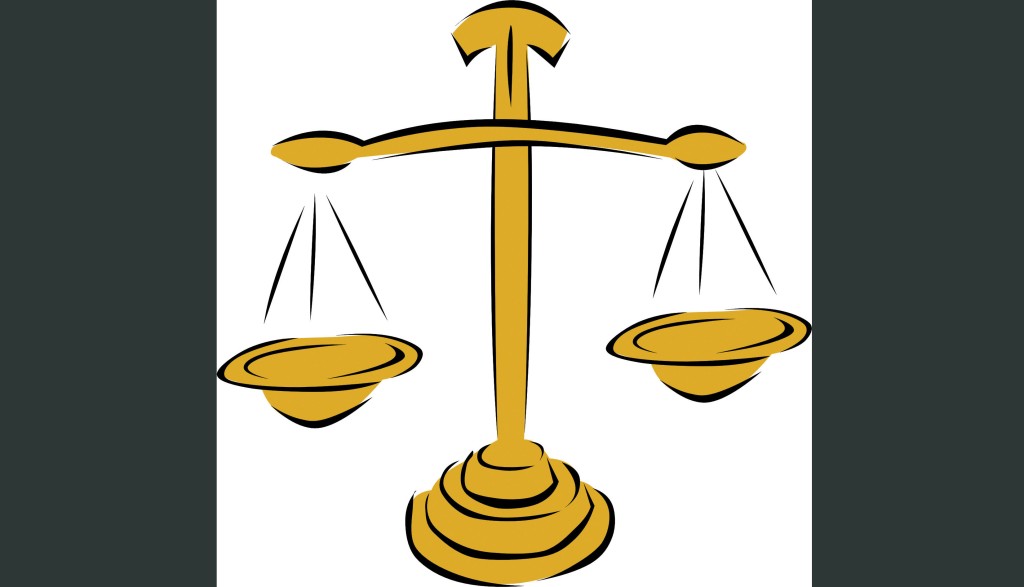You have free articles remaining this month.
Subscribe to the RP Witness for full access to new articles and the complete archives.
As our King, Christ “must reign until he has put all his enemies under his feet” (1 Cor. 15:25). These enemies hate Christ; they also hate you and me (John 15:18). But Christ commands, “Love your enemies and pray for those who persecute you” (Matt. 5:44). We are exhorted in Romans 12:19: “Beloved, never avenge yourselves, but leave it to the wrath of God, for it is written, ‘Vengeance is mine, I will repay, says the Lord.’ ”
Given these truths, how are we, who sing the Psalms, to approach the imprecations and curses they lead us to sing? Can we simultaneously recognize the kingship of Christ, love our enemies, and leave vengeance in God’s hands? As an example, can we sing Psalm 83:13–18?
O my God, make them like whirling dust, Like chaff before the wind. As fire consumes the forest, As the flame sets the mountains ablaze, So may you pursue them with your tempest And terrify them with your hurricane! Fill their faces with shame, That they may seek your name, O Lord. Let them be put to shame and dismayed forever; Let them perish in disgrace, That they may know that you alone, Whose name is the Lord, Are the Most High over all the earth.
At first glance, these curses seem to contradict the teachings of the New Testament. Are we to sing and pray that God will make the enemies of His people like chaff before the wind, shame them, and cause them to perish? Since we are to love our enemies and leave vengeance in the hands of God, to sing Psalm 83 seems counterintuitive.
However, remember that when we sing these words of cursing, we do not approach our God in our own names. We come to the Father in the name of Christ. As we sing and pray in the name of Christ, we can maintain a personal love for our enemies, while also maintaining the perspective that vengeance belongs to God alone. After all, the cross of Christ is the place where God’s wrath against sin meets God’s mercy for sin. As we sing and pray in the name of Christ, we can trust Christ to “put all his enemies under his feet.”
All of this is theoretical until a uniformed Army officer comes to your door to report that your husband has been killed in Afghanistan. All of this is theoretical until you receive a call that one of your children has been killed in a car accident caused by a drunken driver.
A young Anglican priest from Rwanda puts things in perspective. This man saw most of his family murdered in the 1994 Rwandan genocide. He recognized the need for forgiveness in the face of the brutality he experienced. He fell upon Psalm 137 with its curses and imprecations and found peace to trust God to bring justice and to dissolve his bitterness. The imprecations of Psalm 137 enabled him to forgive (Michael LeFebvre, Singing the Songs of Jesus, pp. 129–130).
In the present day, we increasingly hear of terror attacks across the globe. As Christians, what is our response? Can we sing the imprecations of the Psalter? Yes! Singing these imprecations is an expression of our faith. As we sing, we can trust Christ to restrain and conquer all His and our enemies; we can trust Christ to lead us in a personal love for our enemies; we can trust Christ to take vengeance when and how He determines.
Dennis J. Prutow | reformedvoice.com/rptsprof
